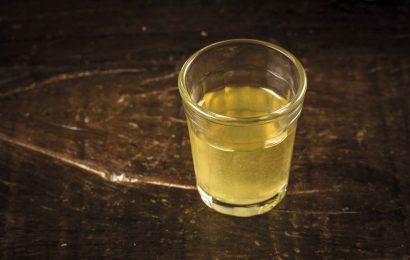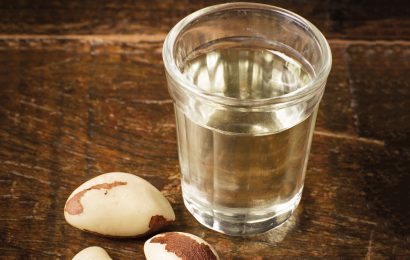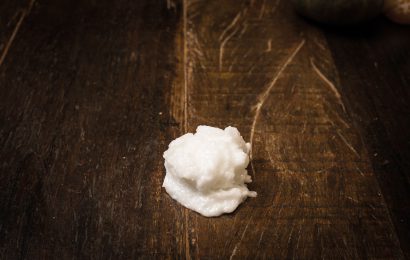Elaeis guineensis (dendezeiro)
Traditional ingredient in Bahian and African-Brazilian preparations in general, dende oil is extracted from a palm nut quite common in Bahia and Africa, but also present in the North region of Brazil. It was brought to the country by the Portuguese, together with the first African slaves, and adapted very well to the northeastern coastal climate and soil, particularly between Ilhéus and Salvador, a region now called Costa do Dendê (Dende Coast). Recipes for Bahian moqueca (fish stew), acarajé (black eyed bean fritter), vatapá (dried shrimp, bread and coconut porridge), caruru (okra and dried shrimp porridge), and shrimp bobó (with puréed cassava and coconut milk) all use dende oil as an essential ingredient. In História da alimentação no Brasil (History of Food in Brazil), author Luís da Câmara Cascudo states that the use of dende oil “was passed along among slaves and the black servants cooking in the master’s residency, as an act of loyalty” and that “the dende oil palm, dem-dem in Angola, was cultivated in the outskirts of Salvador city to meet the local consumption of the largest population center by then”. In Bahia, until today, the word azeite (oil) refers to dende oil; olive oil, a Portuguese heritage, is called azeite doce (literally “sweet oil”). Palm oil, another byproduct extracted from this tree, is used in the industry to manufacture candles, soaps, detergent and even fuel.



